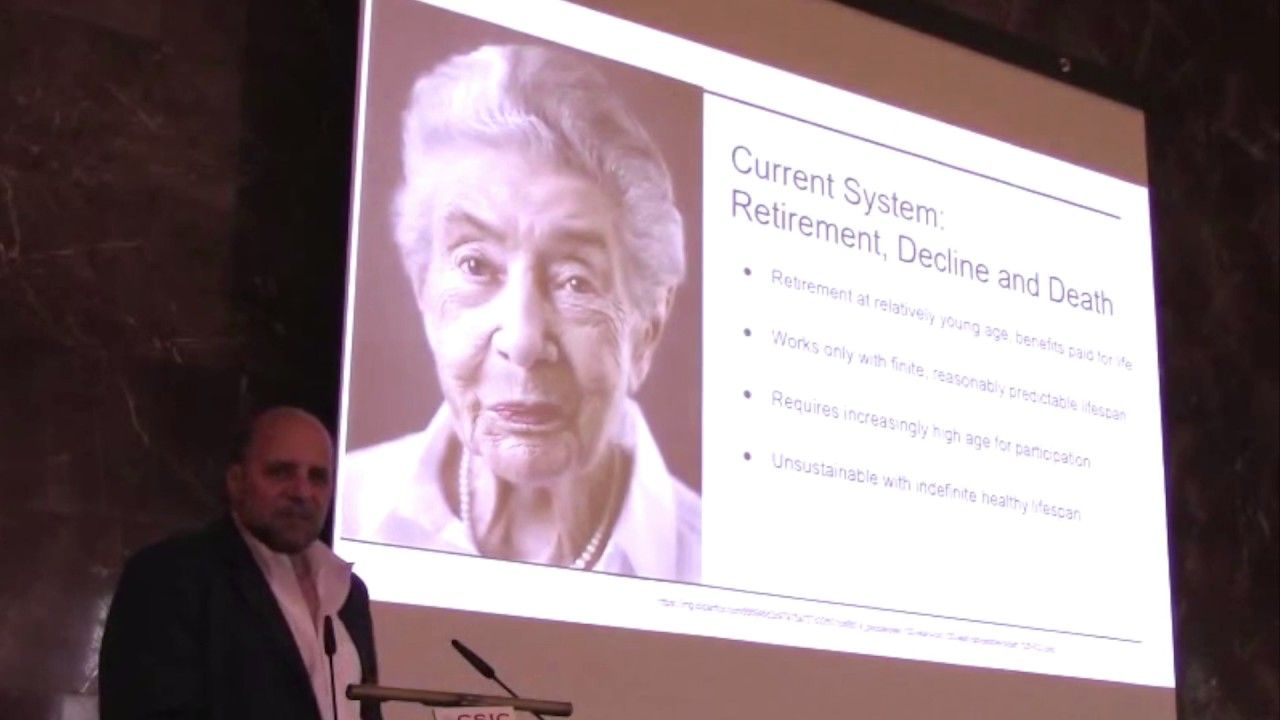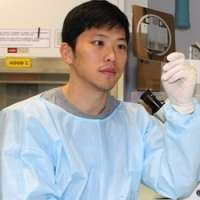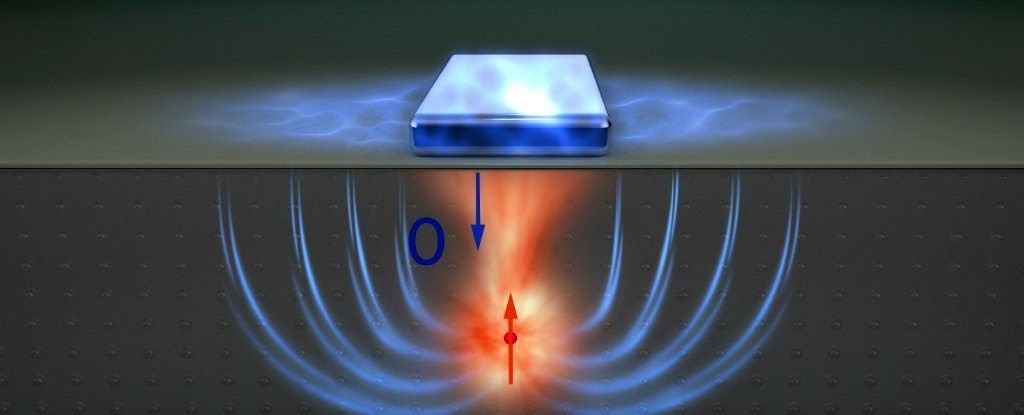Sep 7, 2017
Paul Spiegel: Beyond Retirement – A New Social Compact for the Age of Longevity
Posted by Steve Hill in categories: business, cryonics, law, life extension
During the recent Longevity and Cryopreservation Summit in Madrid, LEAF board member Paul Spiegel discussed the social ramifications of increased lifespans thanks to emerging technologies. He spoke of the need for society to adapt to deal with longer lives. We invite you to watch the talk he gave and also to read an interview providing deeper insight on the necessary changes in the pension system.
But first, a few words about Paul. Paul graduated cum laude from the University of California, Berkeley in 1979 and from Boalt Hall School of Law in 1983. He has attended Harvard Law School, the University of Paris, Sorbonne, and International Christian University in Tokyo.
Continue reading “Paul Spiegel: Beyond Retirement – A New Social Compact for the Age of Longevity” »

















